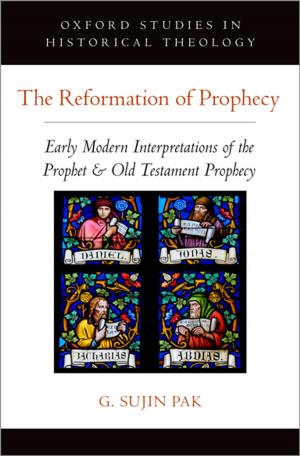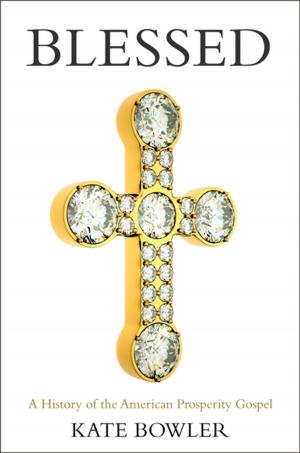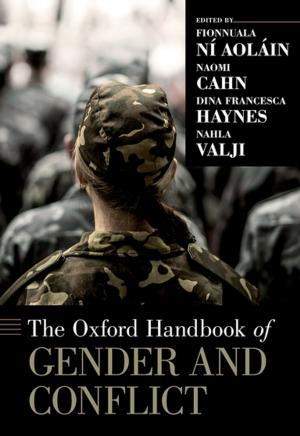The Philokalia
A Classic Text of Orthodox Spirituality
Nonfiction, Religion & Spirituality, Christianity, Church, Orthodox Churches, Theology| Author: | ISBN: | 9780199911837 | |
| Publisher: | Oxford University Press | Publication: | June 26, 2012 |
| Imprint: | Oxford University Press | Language: | English |
| Author: | |
| ISBN: | 9780199911837 |
| Publisher: | Oxford University Press |
| Publication: | June 26, 2012 |
| Imprint: | Oxford University Press |
| Language: | English |
The Philokalia (literally "love of the beautiful or good") is, after the Bible, the most influential source of spiritual tradition within the Orthodox Church. First published in Greek in 1782 by St. Nicodemos of the Holy Mountain and St. Macarios of Corinth, the Philokalia includes works by thirty-six influential Orthodox authors from the fourth to fifteenth-centuries such as Maximus the Confessor, Peter of Damascus, Symeon the New Theologian, and Gregory Palamas. Surprisingly, this important collection of theological and spiritual writings has received little scholarly attention. With the growing interest in Orthodox theology, the need for a substantive resource for philokalic studies has become increasingly evident. The purpose of the present volume is to remedy that lack by providing an ecumenical collection of scholarly essays on the Philokalia that will introduce readers to its background, motifs, authors, and relevance for contemporary life and thought.
The Philokalia (literally "love of the beautiful or good") is, after the Bible, the most influential source of spiritual tradition within the Orthodox Church. First published in Greek in 1782 by St. Nicodemos of the Holy Mountain and St. Macarios of Corinth, the Philokalia includes works by thirty-six influential Orthodox authors from the fourth to fifteenth-centuries such as Maximus the Confessor, Peter of Damascus, Symeon the New Theologian, and Gregory Palamas. Surprisingly, this important collection of theological and spiritual writings has received little scholarly attention. With the growing interest in Orthodox theology, the need for a substantive resource for philokalic studies has become increasingly evident. The purpose of the present volume is to remedy that lack by providing an ecumenical collection of scholarly essays on the Philokalia that will introduce readers to its background, motifs, authors, and relevance for contemporary life and thought.















